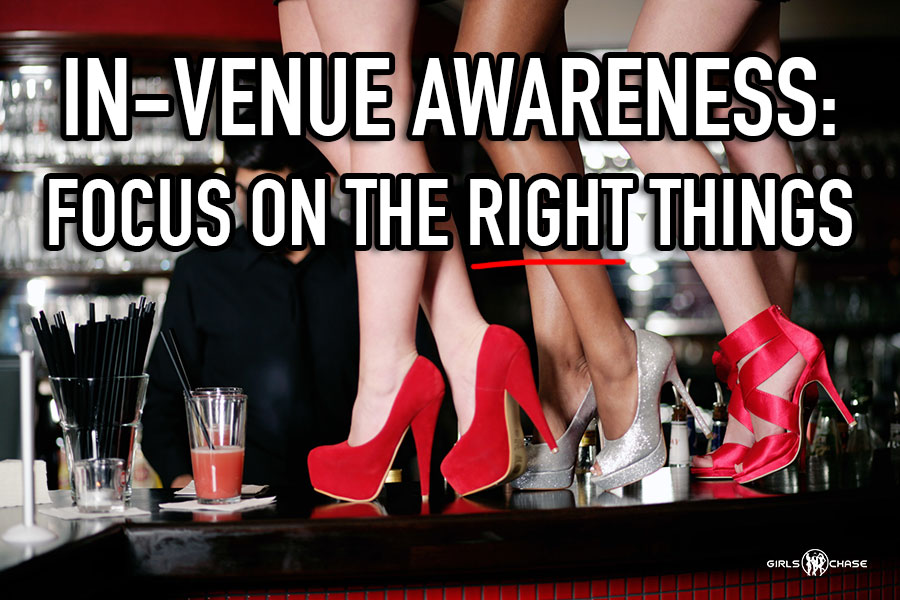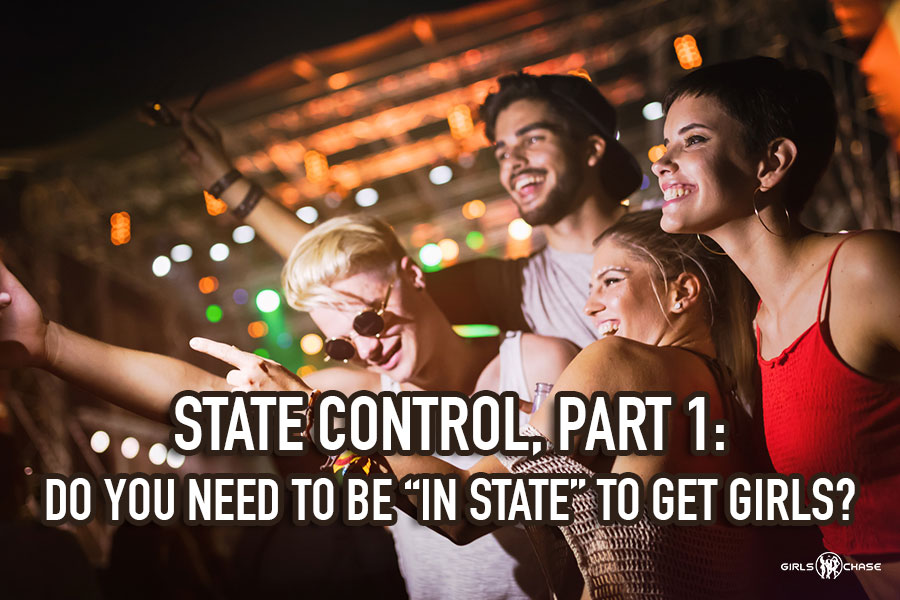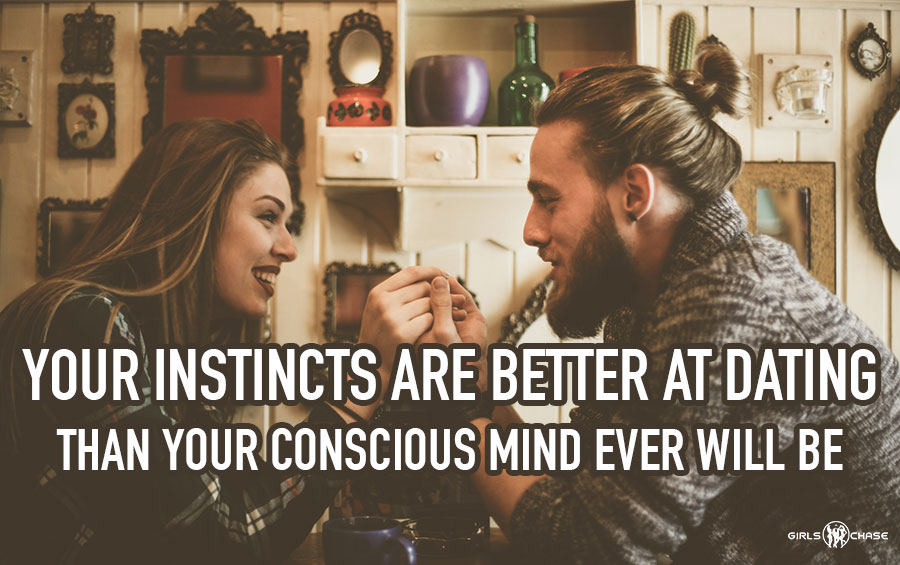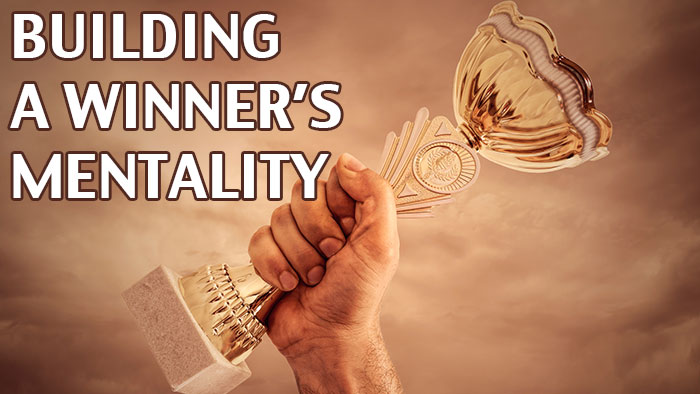State Control, Pt. 4: Logistical Awareness

What’s one thing all the best seducers have in common? Logistical
awareness. Where to go, what to pay attention to, and all the secret
spots inside the venue.
Fill yourself with resplendent self-assurance

What’s one thing all the best seducers have in common? Logistical
awareness. Where to go, what to pay attention to, and all the secret
spots inside the venue.

Situational awareness makes a huge difference in your ability to
meet and connect with women. You must notice the right things – and
filter out noise and distractions.
Today we are going to talk more about state. Previously we discussed what is was – primarily a social and sexual state – and how it can be useful to be in such state when out meeting women. We also discussed how to get into and manage this state.
Contents
What we will discuss today is a topic that has not been discussed much in this scene – awareness. I will explain what I mean by the term and how it is useful. That said, I know some of you become skeptical when one uses terms such as “awareness.” This is partly due to the term being vastly used in spirituality and other similar stuff. Whether or not you believe in such things, I can tell you right now that this post has nothing to do with that. In fact, what we will cover is actually rather practical in nature.
Besides feeling slightly social (but not too much, as we discussed) and preferably sexual (in order to sub-communicate sexual intent), I find the most ideal state is to be relaxed and aware. Think of a Zen-like state, where your head is clear and you feel calm, and you see everything going on around you. It is like seeing the whole world from a third perspective. You see who talks to whom, you see who knows whom. You also see who is attracted to whom. And more importantly, you easily spot who is looking at you.
You also easily spot girls who are logistically available. Think of a girl standing on a podium attention whoring verses the girl sitting alone in a corner. Or let us say you are inside a noisy club and happen to prefer using verbal seduction. Suddenly you spot your favorite girl grabbing her pack of smokes and heading outside. That is the time when you wait a minute and “coincidentally” go out for a smoke/fresh air yourself.

With the right mix of practices both before you go out and while
you’re already out, you can keep yourself in a proper social and
seductive state.
In part 1 of this series, we discussed what “state” is and how it worked. We also mentioned a few caveats to keep in mind regarding state as a tool for seduction. Today we will discuss how to get in state and how to manage it in field.
Here are a couple articles that supplement what I’ll be covering today:

State control (your ability to manage the mood you’re in) is
vital and powerful for seduction. Yet, like anything, lean on it too
much, and it can become a crutch.
In my past article about what makes a good, consistent seducer, I listed a few related traits:
The ability to handle logistics
Good decision making
Good calibration
Good timing
Awareness
State control and cool-headedness
Today I will discuss the last aspect, state control. There is a lot of info regarding this online, and many dating companies are obsessed with notions such as “state” and “inner game.” And even though there is a lot of truth there, I find them to be sometimes overemphasized (meaning, they’re leaving something out).
I do believe having the right mindsets and a positive reality that reinforces seductive behavior is essential. The problem is that your belief system and your inner game, even though attractive, have to somehow be conveyed in order to have an effect. Conveying those traits requires a form of “outer game” – or rather, technical game.
Either way, today’s topic is related to state control. Many seducers are very obsessed with getting in state when meeting and picking up girls. What they refer to is basically getting in the mood. Even though I agree that “feeling it” and generally feeling good (i.e., having energy, feeling confident, and being in a social state as well as a sexual state) is beneficial, I believe aspects of it are exaggerated. I will discuss why I think so, and also how you can keep your head cool in tricky situations.

If you’re not willing to date certain girls, does that mean
you’re insecure? Well, perhaps… But only if “insecure” doesn’t mean
what your accuser means it means.
Contents
There’s a common refrain you’ll hear from women. Not just women, but men sometimes too. The refrain goes like this:
“You don’t want to date her because you’re insecure.”
There are some women this is obviously pure self-serving commentary from. Morbidly obese women, for instance. If a morbidly obese woman tells you you’re insecure if you don’t want to date her, well, you know that’s a tub of baloney (and maybe a tub of lard, too).
This article isn’t about those women. Not the obviously undesirable girls who’d claim your rejection of them stems from insecurity.
Instead, this article is about the fuzzy cases: girls with high notch counts, girls who’ve dated far wealthier or handsomer men than you, girls who’ve dated criminals. Heck, girls who’ve dated men of ‘badder’ races than you are (a white guy if you’re Asian, or a black guy if you’re white, for instance), or girls who used to be guys (transsexuals), or girls who tell you they’ve been rape victims or abuse victims.
Are you, in fact, insecure if you don’t want to date one of these people?

Your gut usually knows what the right thing to do on a date is.
The challenge for many guys is learning to be in tune with that gut
sense.
A few weeks ago, I found myself grabbing drinks with a girl I met on a dating app. She was pretty cute, a career girl through and through. While texting beforehand, she mentioned she had been working weekends and late nights, but she still made time to meet me on a Sunday evening after another 8-hour day in an 80-hour work week.
I arranged for her to meet me in my area at a lounge just a five-minute walk from my place.
I ran a great game over drinks. We were laughing and vibing at a high energy level the whole time; we talked about Fifty Shades of Grey and sex for a bit, I shared some adventurous stories, and we developed a passionate energy. Forty minutes into it, we got a second round of drinks and I started holding her hand. She was gripping back firmly, and we held hands periodically for twenty minutes. Effectively, she was complying and submitting, and I was firmly in control.
After an hour or so, I suggested we bounce and go grab a snack nearby. She agreed but also said she had to be at a friend’s house in an hour and a half; apparently there was some drama she wanted to clear up. We soon left the lounge holding hands and walking really close.
In this episode of Dating Mechanics, I talk with Dr. David Tian, PhD holder, founder of Aura Dating Academy, and good friend of our own Chase Amante for over 10 years.

What are the differences between how a beneficial, robust mental
model works, versus how robust-yet-harmful mental models (like victim
mentality) or non-robust mental models yet clung-to models work?
I’ve been analyzing mental models a lot recently. In particular, how people can have extremely different, yet robust or at least unyielding mental models, and how each different kind of mental model produces different kinds of results.
For instance:
Victim mentality is actually an extremely robust mental model. Individuals who view themselves as victims – and such individuals are extremely common across societies, of every sex, race, age, and creed – continually find reason to view themselves as the recipients of misfortune, find justification for their models, and receive feedback from the world that reinforces rather than disabuses them of their models
Conversely, what I’d call winner, or success-driven,
individuals also have extremely robust mental models. Individuals who
view themselves as successes tend to be quite good at finding ways to
pull victory out of defeat, at avoiding situations where they would
suffer setbacks, and don’t spend much time dwelling on setbacks, other
than from a problem-solving mentality. As a result, they spend little
time in defeat and quickly dust themselves off even after most
reasonably catastrophic failures
But it’s not just someone’s victim/winner orientation. It’s also the reliability of his predictions.
For instance, someone who sees himself as a victim has confidence in his mental model because his predictions are either correct, or he explains them away if they aren’t. He sees a pretty girl and says, “Well, she’ll reject me, of course,” and if he approaches and she does reject him, he says, “See? I knew it. Women always reject me.” If instead she’s friendly, he’ll be inclined to explain it away: “She must’ve been drunk” or “She doesn’t really like me... she was probably just being polite.”
Both victims and winners make predictions and their predictions
either come true, or they attempt to explain to themselves (and others)
why in this case the prediction failed, yet the failure does not
violate their mental model overall. This makes these models robust.
Obviously, if they receive enough feedback to crash the model, they’ll be forced to reassess. But most people adopt models that seem to justify their experiences, and avoid experiences that may invalidate their models.
However, prediction is only the surface here – largely because it doesn’t give us a way to qualify the differences between different mental models (like victim and winner mentalities). So we need to add two more pieces.
I propose any robust, success-oriented mental model is comprised of three (3) bits:
Hey everyone.
Today I wanted to discuss a very important form of confidence that is rarely mentioned, yet is a KEY factor in your success with women. We are here talking about sexual confidence.

I will first discuss what it is and how it will affect your success with women, then I will give some suggestions on how you can become sexually confident – i.e., tell you how to get there. So this post will be a mix of theory and practical elements.
Early in my “career” I noticed a rather peculiar phenomenon – when I was out with guys (and gals) who saw me as a sort of master seducer (usually due to a combination of my image, behavior, and, occasionally, seeing my previous successes), I would find myself performing much better with women. Every single part of the seduction dance would become noticeably easier without any additional conscious effort on my part.

Would you like to guess why this happens?
Sure, being in a good mood because you’re hanging out or meeting people you like plays a significant role, and an occasional comment like “Oh yeah, he’s very experienced in bed” said jokingly in a group setting does its job to create a reputation of someone who knows what he’s doing.
But that’s not it; the change that makes the biggest impact turns out to be in our head.
You see, when I hang out with people who already see me as someone who’s successful with women and expect me to act like that, it puts a certain positive pressure and, in a way, makes it socially okay, even expected, to act sexually.
In turn, I would find myself assuming the role of a sexy guy who pulls women left and right, which, as we’ll learn later in the article, becomes a self-fulfilling prophecy – cool, right?
Note that this is happening almost exclusively in our head and, more often than not, without conscious interference – a change in self-perception based on the environment.